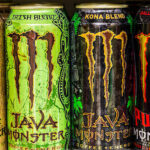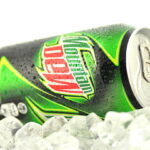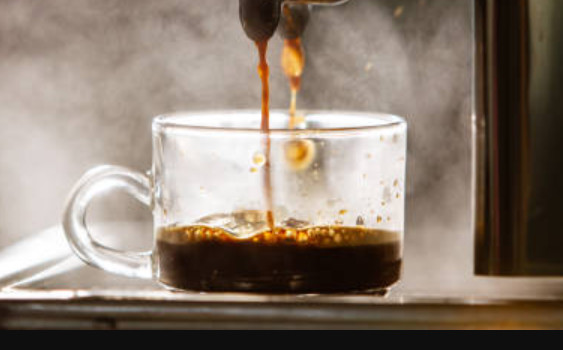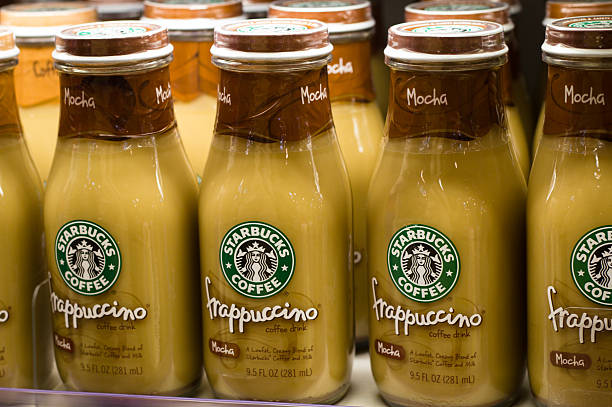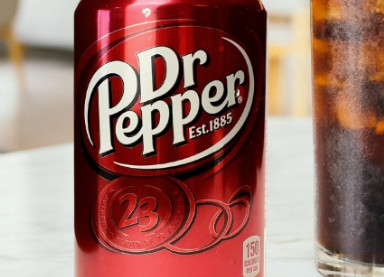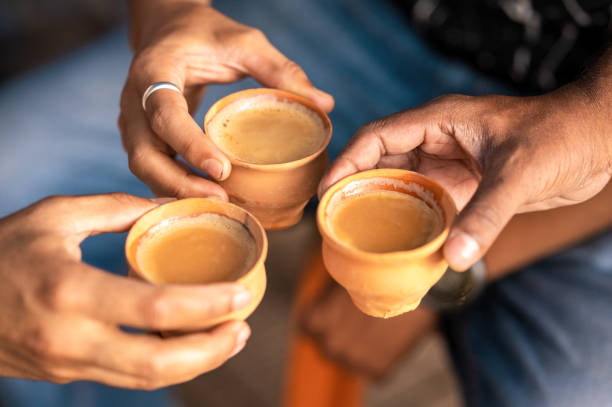Does White Tea Have Caffeine? | Learn About White Tea
White tea has become an increasingly popular variety of tea in recent years. Known for its light and delicate flavor, white tea originated in the Fujian province of China, and is one of the least processed types of tea. While black tea and oolong tea undergo extensive oxidation during processing, white tea is only lightly oxidized. This minimal processing helps preserve the distinct flavor and health-promoting compounds of the tea leaves. When it comes to caffeine content, white tea has a unique profile compared to other teas. In its dry leaf form, white tea actually contains higher levels of caffeine than most other teas. However, when brewed into tea, the caffeine levels are considerably lower. This article will provide a detailed examination of does white tea have caffeine, including an outline of how brewing practices influence caffeine content. Health effects of caffeine, as well as alternatives for caffeine-sensitive individuals, will also be covered.
Contents
What Is White Tea?
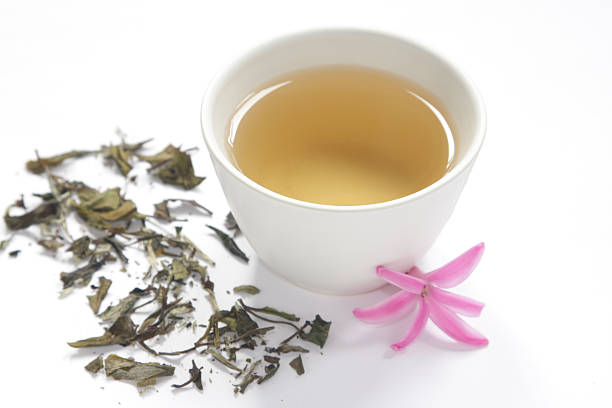
Before we dive into the caffeine content of white tea, let’s first understand what it is. Unlike black or green teas which are processed and oxidized, white tea is made from young leaves and buds of the Camellia sinensis plant that have not undergone any oxidation process. This results in a delicate and mild flavor profile, making it a popular choice among tea lovers.
Caffeine Content in White Tea
Dry Leaves
In its dry, unbrewed form, white tea contains higher caffeine levels than many other tea types. Green tea and black tea, for example, typically have less caffeine in the dry leaves. This is due to the minimal processing white tea undergoes after harvest. The lack of oxidation preserves more of the natural caffeine inherent in the tea leaves. Exact measurements vary, but white tea leaves may contain anywhere from 30-55 mg of caffeine per gram of dry leaves.
Brewed Tea
However, when white tea is brewed, the caffeine content is substantially lower compared to other brewed teas. This is due to a few key factors:
- White tea is usually brewed with cooler water temperatures between 170-185 F, compared to near boiling water for black tea. The cooler water temperature extracts less caffeine from the leaves.
- Steeping times for white tea are also shorter, often around 1-3 minutes. Longer steeping results in higher caffeine extraction.
- The tea to water ratio is lower for white tea, which dilutes the caffeine concentration. Often 1 tsp of tea is used per 6-8 oz of water.
Taking these typical brewing factors into account, a cup of brewed white tea contains 15-30 mg of caffeine on average. This compares to 40-70 mg of caffeine in a typical black tea preparation. So while white tea leaves contain more caffeine, the brewed beverage usually has far less than other teas. This makes white tea a good low caffeine option for people sensitive to stimulants.
Health Considerations
Potential benefits
In moderate doses, caffeine intake from teas like white tea may offer some health benefits. These can include increased alertness, better cognitive function, and boosted metabolism. White tea in particular also provides antioxidant polyphenols like EGCG that may help reduce oxidative stress and inflammation when consumed regularly.
Potential drawbacks
However, caffeine can also cause negative effects in sensitive individuals, especially in large amounts. Potential issues can include anxiety, insomnia, restlessness, and headaches. People with heart conditions may also need to limit caffeine to avoid excessive stimulation.
Individual Preferences and Variations
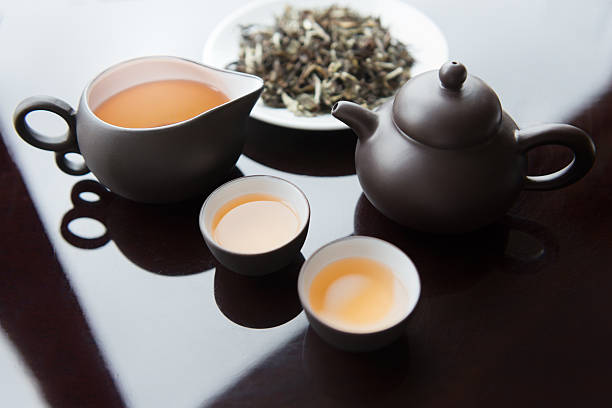
The amount of caffeine needed or tolerated varies widely between individuals. Personal caffeine preferences, habits, and sensitivities can inform ideal brewing practices for white tea. People seeking a stronger caffeine kick may use more tea leaves, hotter water, or longer steeping times, whereas caffeine-sensitive individuals may prefer the opposite. Brewing white tea with care allows customized caffeine levels.
Alternatives for Caffeine-Sensitive Individuals
For those looking to avoid or limit caffeine, there are many great options besides white tea. Herbal teas and tisanes contain no caffeine and come in a wide array of flavors. Rooibos, honeybush, and chamomile are just a few options. Decaffeinated tea is also widely available for people who enjoy the ritual of sipping tea but want to limit stimulants.
Conclusion
In summary, white tea contains caffeine primarily concentrated in the dry leaves. Typical brewing practices result in lower caffeine levels in a cup of white tea compared to other teas. This makes white tea a nice option for people desiring some caffeine with moderation. Individual preferences and caffeine sensitivity should inform ideal brewing methods. A range of herbal caffeine-free alternatives also exist for those seeking to avoid caffeine entirely. Considering these factors allows each tea drinker to customize their perfect cup.
https://bamboowokmanvel.com/food-drink/beverages/
Harmony Saunders is the CEO and founder of Bamboo Wok, a family-owned and operated Chinese restaurant that has been serving the Manvel, Rosharon, and Alvin communities for more than nine years. Our delicious dishes are made from scratch with the best ingredients, vegetables are fresh cut daily in our kitchen, and poultry is delivered every two days.
So whether you’re craving Chinese food for the family or need catering for your next event, please give us a try! We know you won’t be disappointed with our fresh, authentic Asian fare.


